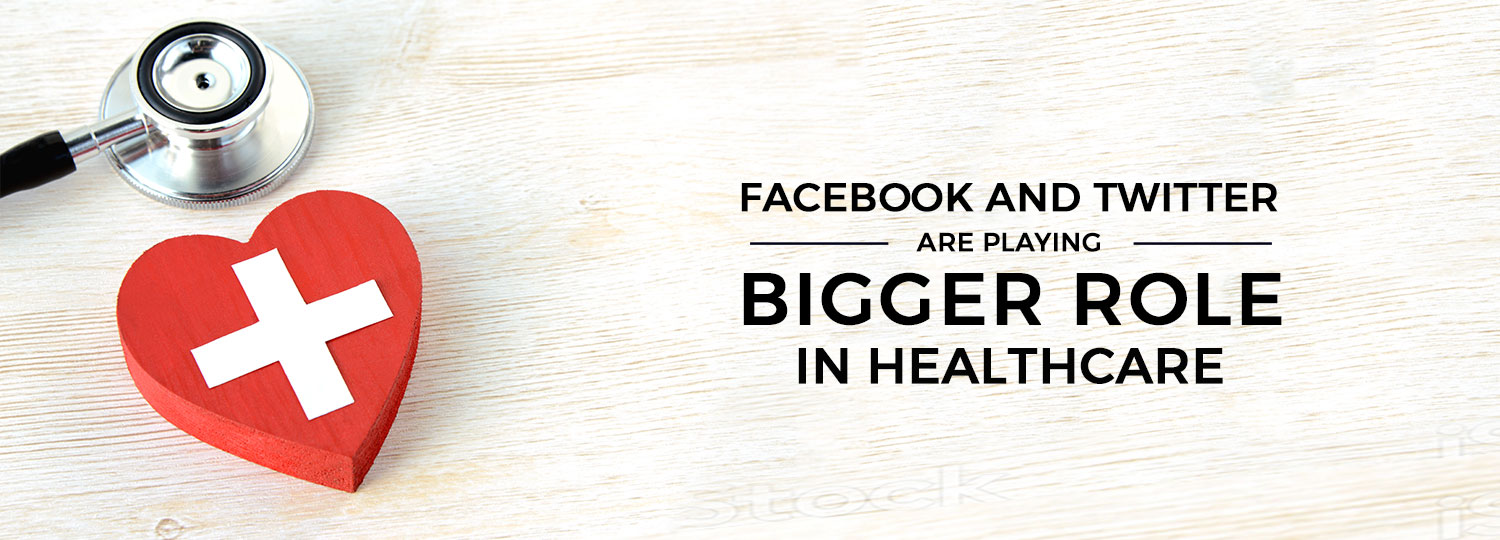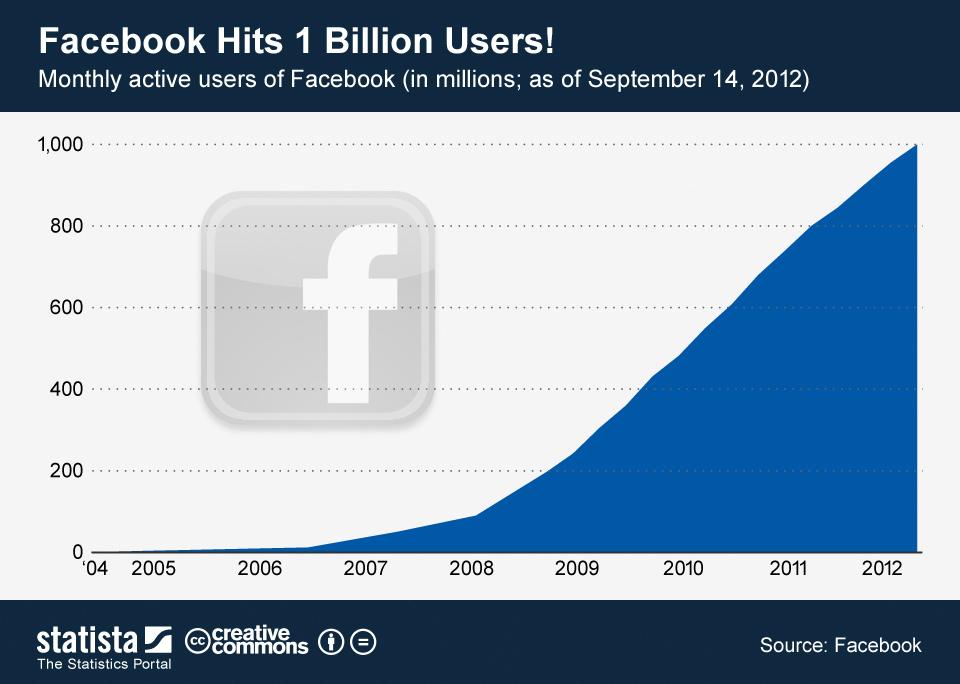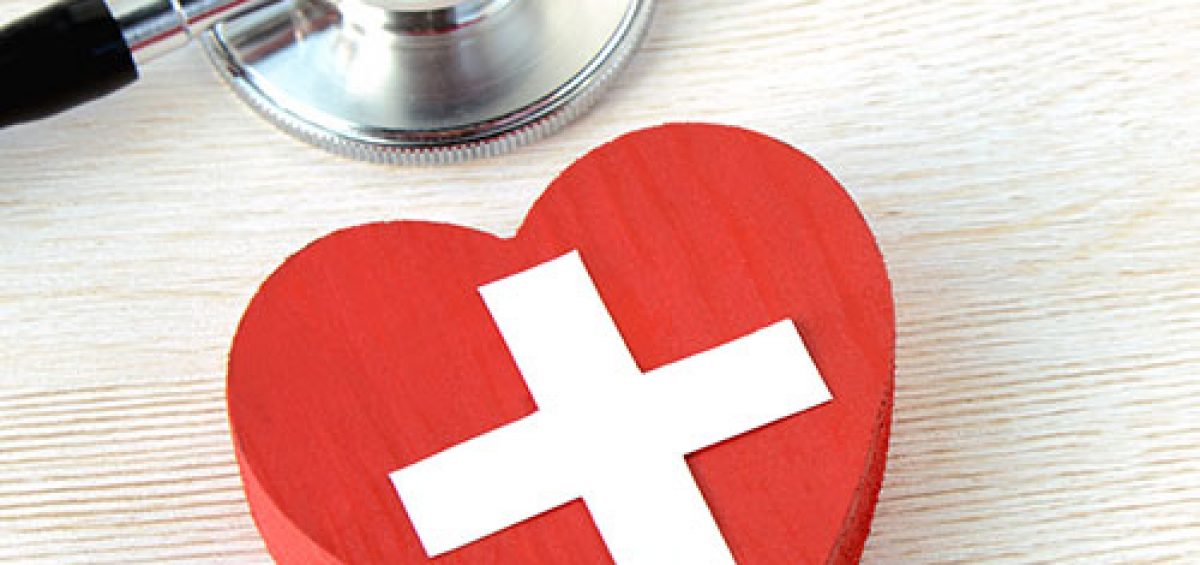
Facebook now has 1 Billion active users. More than a billion users now login to Facebook each month to check on their friends, Facebook pages and politics. With this latest milestone set by Facebook, it is clear where the marketers should go to, in order to hunt for their potential clients and businesses. Having said that, nearly 83 percent of marketers worldwide are already using Facebook to run campaigns targeted to certain customers and prospects.

Facebook Reached 1 Billion Users
Facebook, Twitter and Healthcare Providers
With the increasing use of mobile devices, more and more people are spending longer time on social media and many of them constantly have their Facebook/Twitter on hand for reading and posting purposes. The way that people acquire information has been changing significantly over time.
Hospitals rank Facebook and Twitter as their most important social media channel. The infographic shown below created by Allied Health World provides a visualization of how patients and providers are utilizing social media.

Social health is the confluence of consumers utilizing social media channels such as Twitter and Facebook regarding their health matters.
Though the management in the healthcare sector are conservative and concerned about confidentiality and negative postings that could damage the company’s reputation, many hospitals and healthcare organizations are increasingly aware of the business benefits and went ahead with using Facebook to build their brand, network and provide enhanced patient service, mainly because of the values it brings.
Here are some benefits of using Facebook for Healthcare Providers:
You can have a voice, a presence and the ability to be the media
Facebook users who liked a Healthcare provider’s page will be able to see their Facebook updates, that is to say, you can push what you want to talk about and be heard, since sharing posts and images are core activities of Facebook. The reason so many people click ‘Like’ on Facebook pages or a certain brand is that there is some sort of benefit for them (i.e. the page must be offering something of value for them). Be it from updates on any healthcare tips/reports/infographics/seminars to entertaining information to informative updates in their news feed that will aid them in some way.
Low Costs and Quick Results
There’s no charge to create a Facebook/Twitter account. And it’s quick to get started. Regular and active use to keep it fresh and to keep visitors engaged would reap in many fans and build up a brand in a short period of time.
Encourages two-way communication and you can respond to posts appropriately
This is the essence of Facebook and Technology, should the fans have any questions, they can easily and conveniently post it on the Facebook page.
Almost instantaneous response can be made
The turnaround time for having the questions answered will be better versus the traditional channels such as emails.
Boost your search engine visibility and visitor traffic
By creating a Facebook page and linking to your website, can increase your visibility with Search Engines (such as Google). And that increases your website page ranking which captures more visitor traffic. This is highly important particularly if your website is the main driver to allow prospect patients to make an appointment.
Prospective new patients, referrals and repeated business can be produced
A well-managed Facebook page would properly present a likeable presence, this, in turn, evokes good feelings on users, and increase chances of engaging the Healthcare Provider.
Analytics and Reports
Facebook provides analytics to track interactions, demographics and other feedback about the community of fans. With such analytics, it is easy to monitor the Facebook page and highlight patterns of problems or strengths.
As such, healthcare providers are increasingly using Facebook as another marketing platform to engage their customers. Nonetheless, the best approach to build a successful brand/campaign is in using Facebook as one of several, interrelated tools in a coordinated (synergistic) marketing, advertising and public relations plan.
Conclusion
Social media is changing the nature and speed of healthcare interaction between consumers and health organizations. There is a need to bring the social media revolution to go beyond “how to” and integrate social media into healthcare marketing and communications. It’s not about competitive advantage. It’s all about patients, and how social media tools like Facebook and Twitter can help them to serve their patients better and improve the quality health care.

